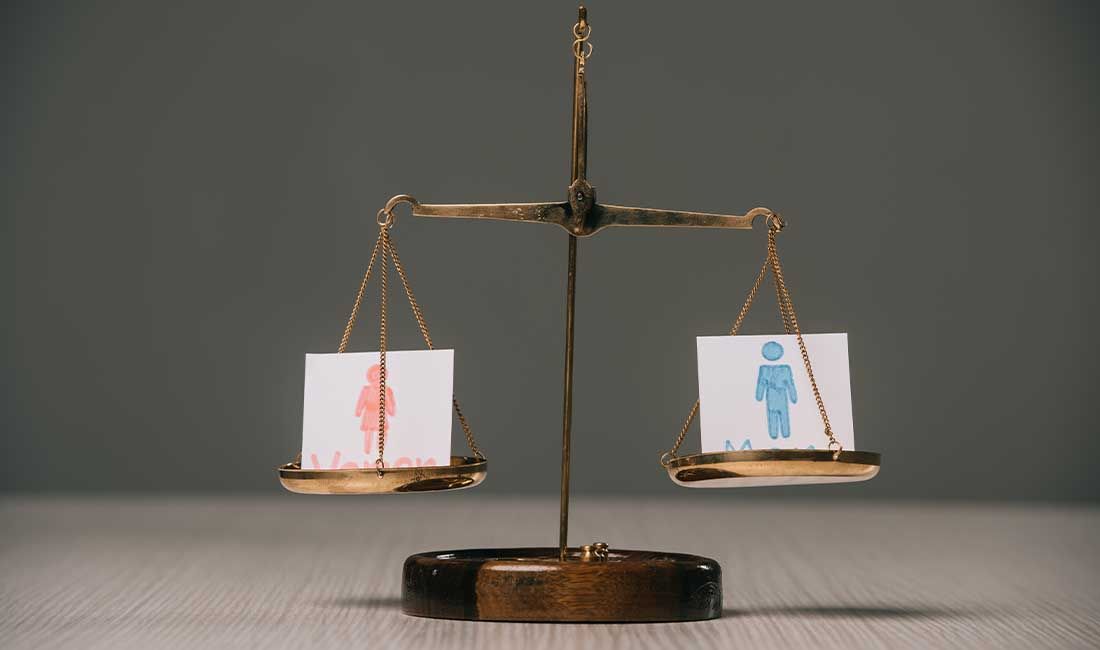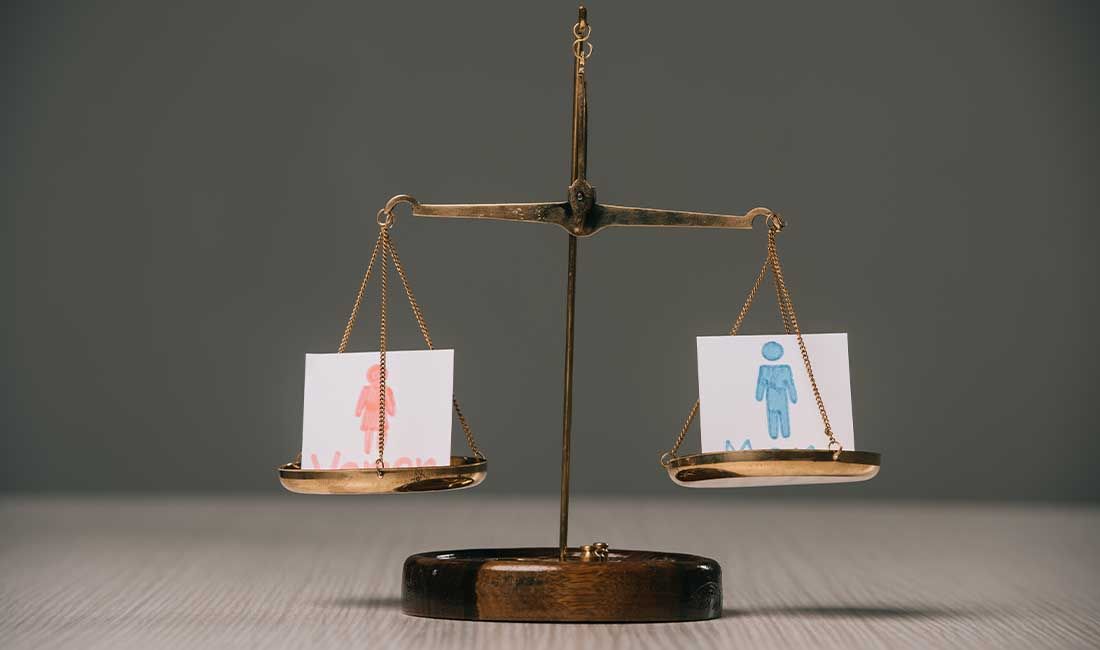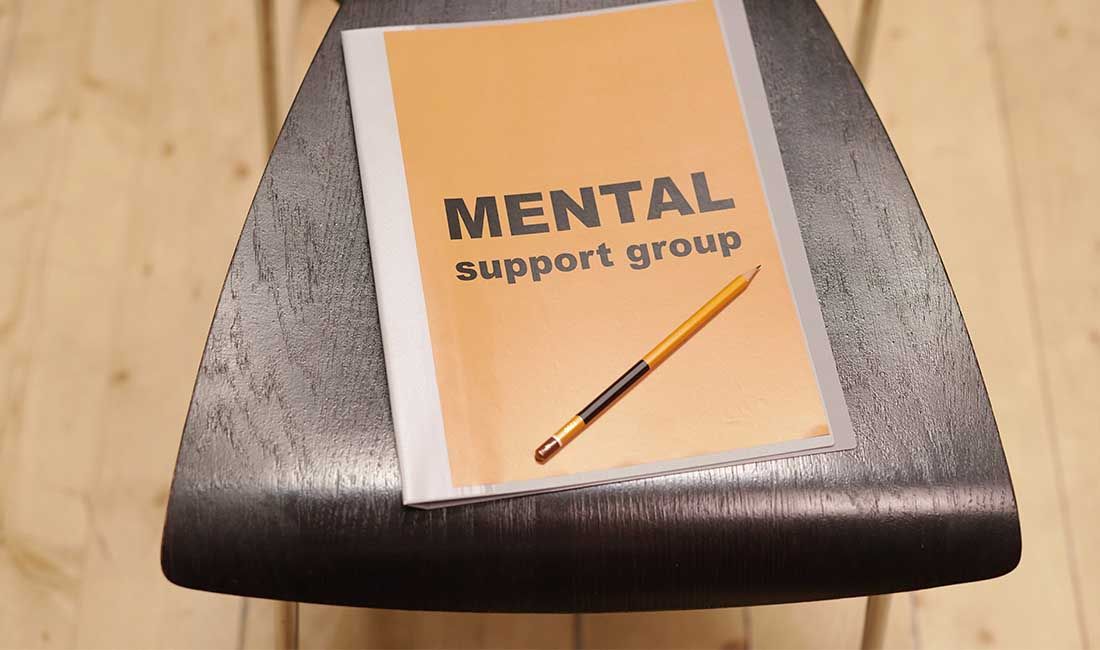Supreme Court Rules 'Sex' Means Biological Sex

| W.E.U Admin | Workplace Wellbeing
Following the UK Supreme Court judgment in For Women Scotland v The Scottish Ministers, the definition of ‘sex’ in the Equality Act 2010 has been clarified. Our updated guidance will soon provide further detail, but this summary highlights the main consequences of the ruling. Employers and other duty-bearers must follow the law and seek specialist legal advice where necessary.
Key Information
The Supreme Court ruled that in the Equality Act 2010, ‘sex’ means biological sex. Under this legal definition:
- Woman = biological woman or girl (a person born female)
- Man = biological man or boy (a person born male)
Even with a Gender Recognition Certificate (GRC), a person’s legal sex remains their biological sex:
- Trans woman = biological man
- Trans man = biological woman
Implications for Workplaces and Public Services
Organisations affected include:
- Workplaces
- Public services (hospitals, shops, restaurants, leisure facilities, refuges, counselling services)
- Sporting bodies
- Schools
- Associations (groups or clubs of 25+ people with membership rules)
Workplace Facilities
In workplaces, it is compulsory to provide sufficient single-sex toilets and single-sex changing and washing facilities where needed.
Public Services
It is not compulsory for public services to be single-sex, but they can be if it is a proportionate means of achieving a legitimate aim. If only mixed-sex facilities are provided, this could be indirect sex discrimination against women.
- Trans women (biological men) should not use women’s facilities.
- Trans men (biological women) should not use men’s facilities.
- Where possible, offer mixed-sex facilities alongside sufficient single-sex facilities.
- Lockable single-occupancy rooms can be used by either sex.
Competitive Sports
Separate rules govern when competitive sports can be single-sex. We will address this in detail in forthcoming guidance.
Schools
Under the law:
- England & Wales: Separate single-sex toilets for boys and girls over age 8, and single-sex changing for ages 11+.
- Scotland: Separate toilet facilities for boys and girls regardless of age, with partitioned, lockable cubicles.
Trans pupils must not use the opposite sex’s toilets or changing areas; suitable alternative provision should be arranged.
Associations
An association of 25+ members may limit membership by sex and other protected characteristics (e.g., gay men only, lesbian women only). Such associations:
- May exclude trans women (biological men) from women-only groups.
- May exclude trans men (biological women) from men-only groups.
Our Work to Update Guidance
We are working at pace to incorporate the Supreme Court’s judgment into our statutory and non-statutory guidance. We aim to:
- Submit the updated Code of Practice to the UK Government by end of June for ministerial approval.
- Ensure it supports service providers, public bodies and associations in understanding and applying their duties under the Equality Act 2010.
Consultation and Next Steps
A public consultation will launch in mid-May and run for two weeks, seeking views on practical implications (not the legal position). In the meantime, we will continue to regulate and enforce the Equality Act 2010, protecting all characteristics, including sex, gender reassignment and sexual orientation.
Further reading:
- News in Brief: 22nd–29th April 2025
- Why Walking Is Key to Overall Wellbeing
workersofengland.co.uk | Independent Workers Trade Union

















